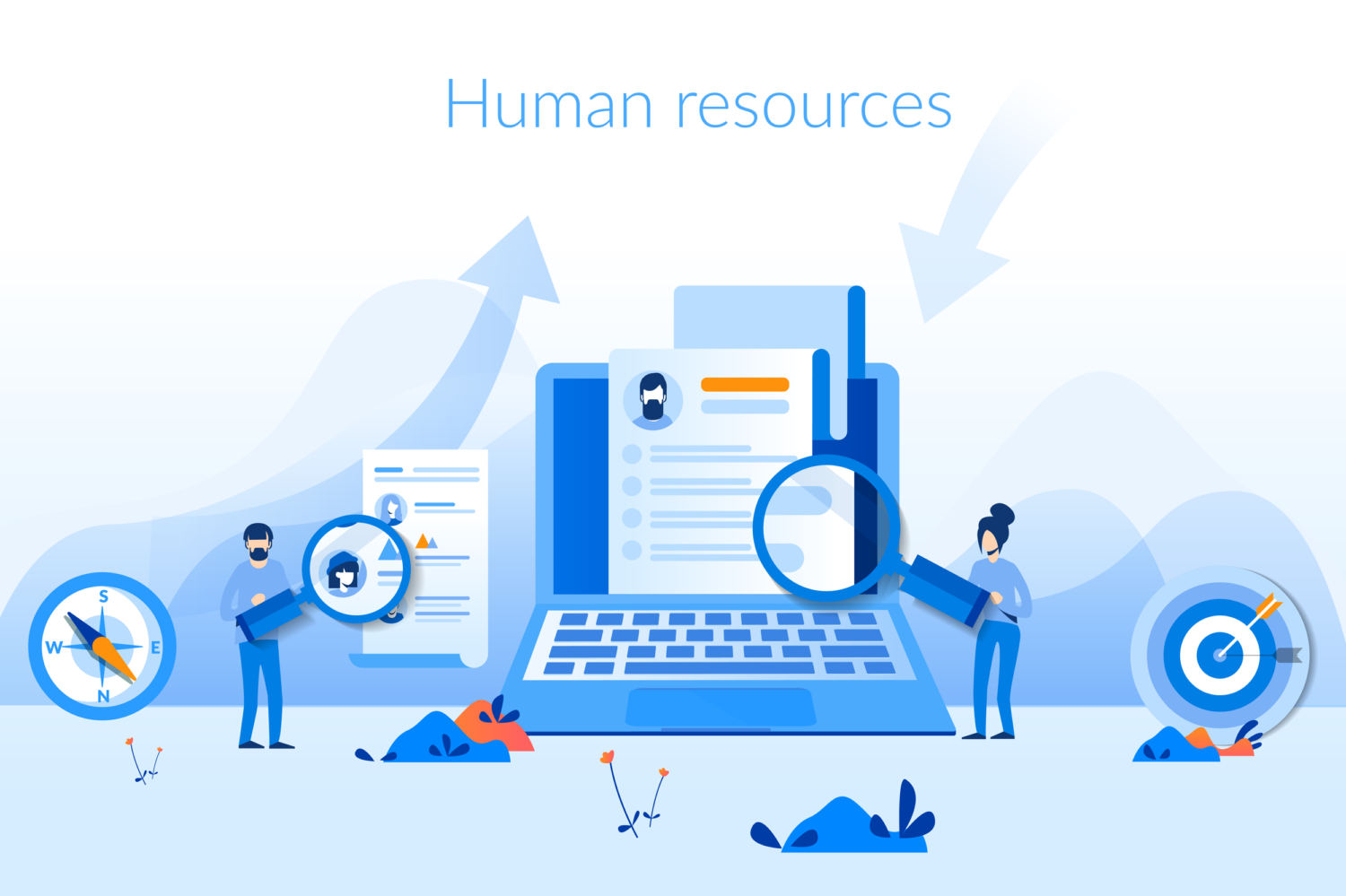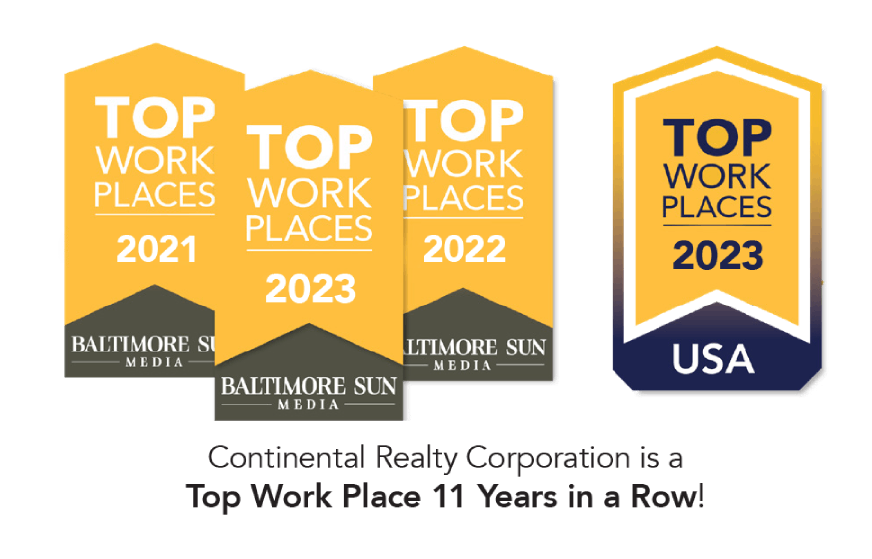February 19, 2019
Crystal Frey Senior Vice President, HR – Human Resources Goes Analytical

What do you think of when you think of the field of Human Resources? Do you think of the Human Resources Representative who conducted your orientation and explained your benefit options to you? Maybe you think of that friendly Corporate Recruiter who first met you and explained the company culture and job opportunity when you interviewed? If those are the images that came to mind, they are certainly accurate. HR professionals pride themselves on being skilled and resourceful at helping their organizations find, engage and retain talent to meet business objectives. However, HR professionals are increasingly using metrics and HR analytics to help guide their analysis and decision-making, as well as, provide crucial data to inform the interactions that they have within an organization to improve their quality and outcomes.
Let’s start from the beginning with the recruitment process. An enormous amount of data analysis and industry benchmarking factors into the recruitment process at CRC to help us improve hiring and performance outcomes. Some of the key data elements used are turnover rates, team member engagement survey results, industry compensation and benefits surveys, and qualitative data from exit interviews. All of the data collected from these various sources is used to, among other things, target specific recruitment campaigns geared at lowering turnover in key areas of vulnerability, design compensation and benefits packages that are competitive with the market and within budget parameters and enhance the employment experience to engage and retain team members.
Once a recruitment strategy is designed, CRC uses a number of analytical tools to evaluate each candidate to ensure they have the knowledge, skills, abilities and attributes to be successful in the job. We develop scorecards to evaluate each candidate’s experience against the key performance results needed in the job. Additionally, we use Predictive Index, a workplace survey that helps us measure workplace behaviors and match them to specific positions. While there are no right or wrong answers to the survey and CRC does not use it solely to make hiring decisions, it does give us valuable insight into a candidate’s workplace behaviors and motivations that can be used in the interview process. Additionally, it provides valuable insight to team building and coaching later in the employment relationship.
While you may not think of HR as an analytical or data-driven field, it is surprising how much data is used to design effective HR programs and improve talent outcomes in an organization. The most progressive organizations see the value in this. Increasingly, industry investment is being made in more sophisticated HR systems and HR analytics.




